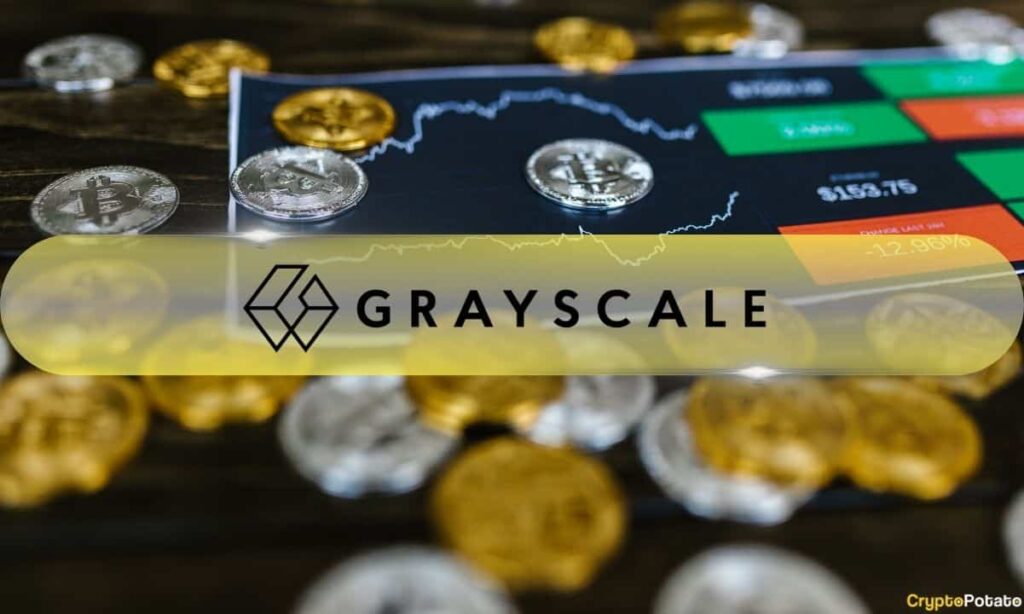On March 29, the company announced the Grayscale Dynamic Income Fund (GDIF), saying it is its first actively managed investment product.
Grayscale added that the new fund aims to optimize income in the form of staking rewards associated with proof-of-stake crypto assets.
This is the latest effort by the world's largest crypto asset manager to preserve customers and capital following massive outflows from its flagship product (GBTC) and conversion to Spot Bitcoin ETFs.
Grayscale moves to staking
“Using qualitative and quantitative factors, we invest capital across a portfolio of proof-of-stake tokens.”
The fund will convert token rewards into cash on a weekly basis, distribute returns to investors quarterly, and rebalance tokens to optimize income.
The amount of the fund's disclosed holdings was very vague. This will consist of his 24% of the decentralized Cosmos exchange Osmosis tokens, OSMO. Another 20% will be held in Solana (SOL) and 14% in Polkadot (DOT).
The remaining 43% was mysteriously labeled as “Other,” with no mention of Ethereum, the world’s largest proof-of-stake token. GDIF's portfolio manager is Matt Maximo, who has been with Grayscale Investments since 2021.
In addition, the new fund is only available to high-net-worth individuals with assets under management of $1.1 million or more or net assets of $2.2 million or more, and comes with a 10% performance fee.
Industry-leading Grayscale Bitcoin Trust (GBTC) has been experiencing capital outflows since converting to a spot ETF in January. The fund, which once held a whopping 620,000 BTC in assets, has shrunk by 46%, losing 284,846 BTC, worth $20 billion, in the past 11 weeks.
This week alone, GBTC leaked $967 million worth of BTC. However, competing products from BlackRock and Fidelity attracted more money, reversing the Bitcoin ETF outflow trend.
Staking outlook
According to Staking Rewards, the global staking market capitalization is approximately $355 billion.
ETH is listed as the primary staking asset, with $110 billion worth staked. Solana is the second largest with $72 billion worth of investment, followed by SUI, Aptos, and Cardano, each with around $15 billion worth of investment.
According to the report, the average reward rate is 6%, but many high-value coins such as ETH, SUI, ADA, and BNB are lower.


